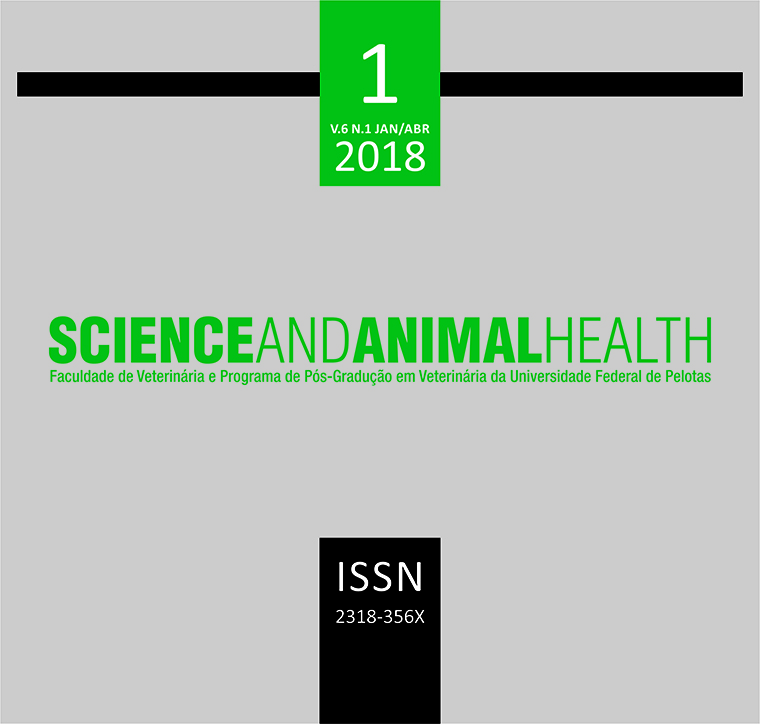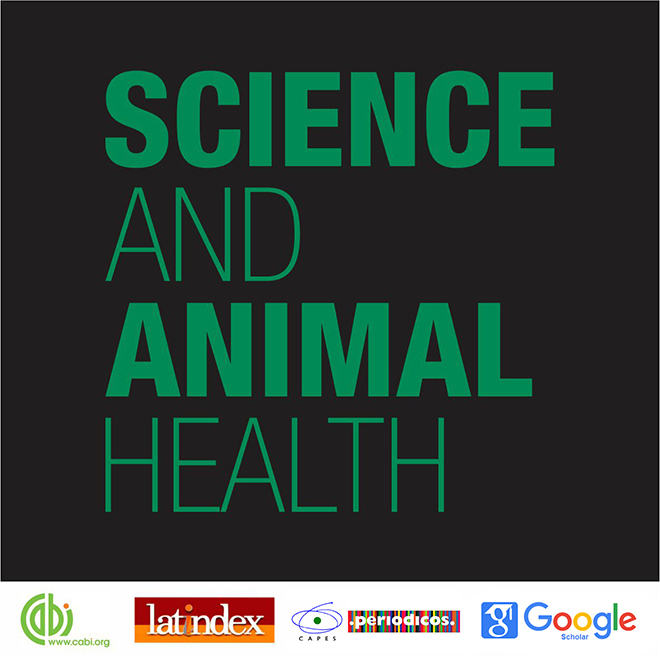USE OF PROTEIN DIETS AS A SUPPLEMENT FOR AFRICANIZED BEES Apis mellifera
Resumo
At the nature, bees consume pollen and nectar to obtain its nutrients (proteins, lipids, carbohydrates, vitamins, and minerals). Changes in bee pastures have occurred as green areas and forests have been replaced by agricultural areas affecting colony health and productivity. Because of this, the efficiency of artificial protein diets for the Africanized honey bee (Apis mellifera, L.) was evaluated - considering the total protein content of the hemolymph, weight of the bees, and dietary consumption. The crude protein of the diets ranged from 12.2 to 24.4%. Newly emerged workers were caged and kept in an incubator with controlled temperature and humidity until six days old, receiving diets and water ad libitum. Hemolymph was collected from 0- and 6-day-old workers. Comparing the diets, significant differences in the protein content in the hemolymph, bee weight, and diet consumption were found among the treatments. A diet composed of 20% sugarcane yeast, 20% textured soy protein, and 60% sucrose was the most efficient according to measures of total protein in the hemolymph, bee weight and diet consumption. The use of protein sources as a supplement for hives can be a safe and viable alternative for beekeepers.



